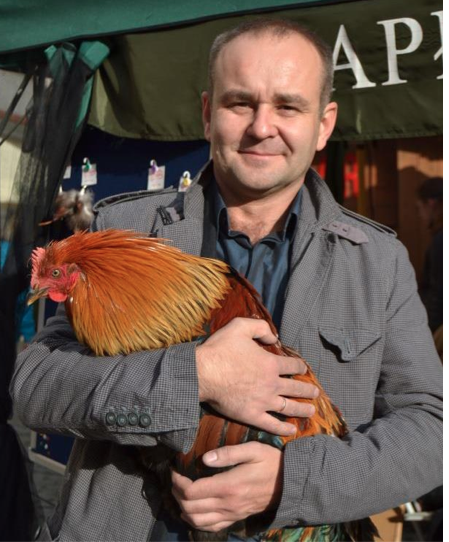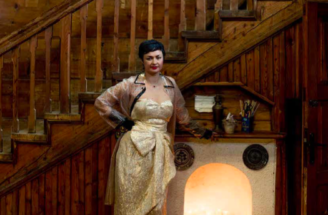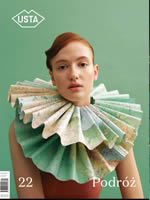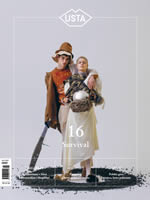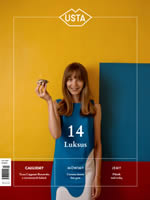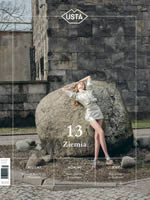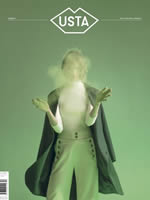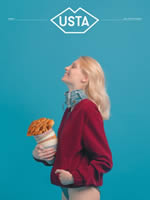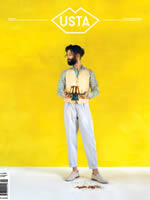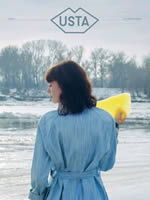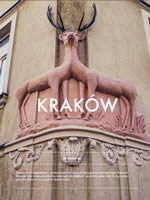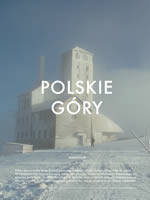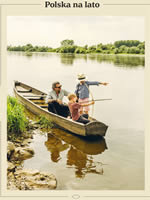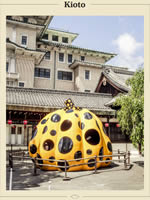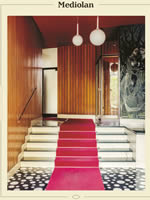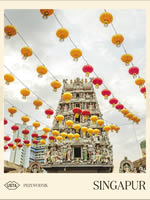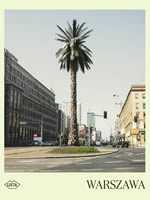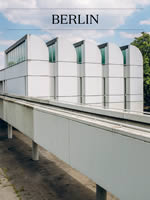Where did the lent come from?
In our cultural range the books of the Bible are the oldest sources. 40 days which the Jesus spent on the desert, without eating and drinking, preparing oneself for the teaching, became a standard, which provoked discussions – how to interpret it and whether to imitate it. In the 3rd century the first hermits appeared and they became a prototype of monks and living in isolation. Whereas the preliminary rules of Christian lent established the bishops at the turn of the 4th and 5th century. But the lent appeared of course also in older cultures. Lent – shortly said – are the principles concerning feeding dictated with religious purposes. Every religion has them.
The religion wanted to affect the diet, it is very interesting.
Definitely yes, but a Lent can be perceived also as the elaboration of the principles of humoral dietetics..
According to which people are divided into four types of personalities: the choleric, the sanguine, the phlegmatic type and the melancholic. This theory has its roots already in ancient times.
Indeed. Humoral theory (Lat. humores, liquids) comes from Aristotelian “physics”. According to which it was thought that the character of every dietary product was a combination of two pairs of essential features. What we eat, can be either warm and humid or cold and dry. Former dietetics was based on a proper combination, selected to the type of person, his age, seasonality and other conditions. The special stress was being put on the role of the food in stimulating or the inhibition of the humors disadvantageous to the given type of personality.
Lent: Between the hell and the heaven
